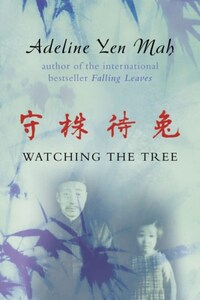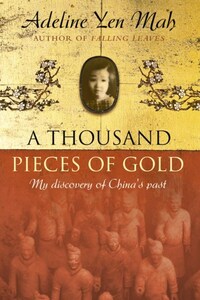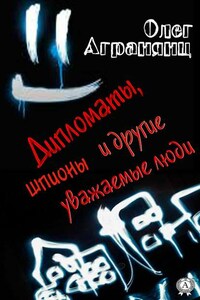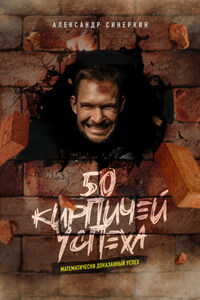DEDICATED TO
MY GRANDFATHER
YEN QIAN LI
(1878–1952)
I wish to thank my Ye Ye and honour him in
Watching the Tree. His memory continues to give me strength. I hope his teaching will be of help to some who are also searching for spiritual tranquillity and solace.
To my husband and best friend, Bob,
without whom this book could not have been written.
To our mentor Mason Wang,
for his help in the Chinese classics.
To our daughter Ann Mah,
for her encouragement.
To Zhang Qing-Ying,
for her beautiful calligraphy.
My grandfather (Ye Ye) and I shared a rapport that neither of us ever verbalised during his lifetime. He was a businessman but was more interested in books than money. As a little girl in Shanghai, I spent hours playing by myself on the balcony attached to his room. Through the French windows I could see him practising calligraphy, writing letters or consulting the I Ching. Sometimes, he would let me ‘help’ him make fresh ink by grinding the ink-stick on an antique stone slab left to him by his father. I did not inherit Ye Ye’s artistic talent and was in awe of his shu fa
(calligraphy).
As the youngest stepdaughter in a Chinese family of seven children, I knew I was unwanted and considered by my family to be the lowest of the low. At home, my misery filled my whole world. It was real and deep and I could see no way out, possessing neither the wisdom nor the cynicism to blunt the cruelty and the constant rejection.
When I was ten, my stepmother Niang separated me from my aunt, whom I dearly loved, and placed me in a succession of Catholic boarding schools. I was unaware that all my mail (both incoming and outgoing) was being sent to my parents for censoring. I only knew that I never heard from my aunt or anyone else for the next four years.
During that time I had nobody but my grandfather. Although I was only allowed ‘home’ on three separate occasions, I treasured those brief visits. I did not know then how vital they were to my emotional and spiritual development.
The Swedish psychologist Eric Ericson wrote of a sense of basic trust, which is instilled in a child by ‘somebody who cares’, without which the child cannot live and dies mentally. This ‘basic trust’ was what my Ye Ye gave to me at that crucial juncture. During the many years when I was isolated in the boarding school in Hong Kong, I was sustained only by my inner conviction that my Ye Ye loved me. At times, things were very bad. My stepmother had a way of making me feel like nothing; a piece of garbage to be thrown away. But, through it all, the thought of my Ye Ye would return and revive my spirits at odd moments. Deep inside, I knew I mattered to him and that he believed in me.
Many decades passed before I came to recognise the depth of his influence. His thoughts were pivotal in shaping me into the person I became. This book is a letter of gratitude to a grandfather who once gave me the most precious of all gifts: my sense of hope.
At the dawn of our new millennium there is a hunger in people throughout the world to comprehend who we are and how we fit together. As a result, interest in eastern philosophy is growing in the west. One quarter of the world’s population lives in China, eats with chopsticks and speaks Chinese. As products of the oldest living civilisation whose culture and language have survived virtually intact, Chinese philosophy, beliefs and wisdom have much to offer. Watching the Tree is concerned with Chinese thought and the reason why we Chinese think the way we do. In it, I have used many incidents from my life to illustrate certain Chinese concepts and related what I have learnt from them.
In my first book, Falling Leaves, I reported my Aunt Baba’s words when we were reunited after a separation of thirty years.
‘The way I see it [she said], the nineteenth century was a British century. The twentieth century is an American century. I predict that the twenty-first century will be a Chinese century. The pendulum of history will swing from the yin ashes brought by the Cultural Revolution to the yang phoenix arising from its wreckage.’









